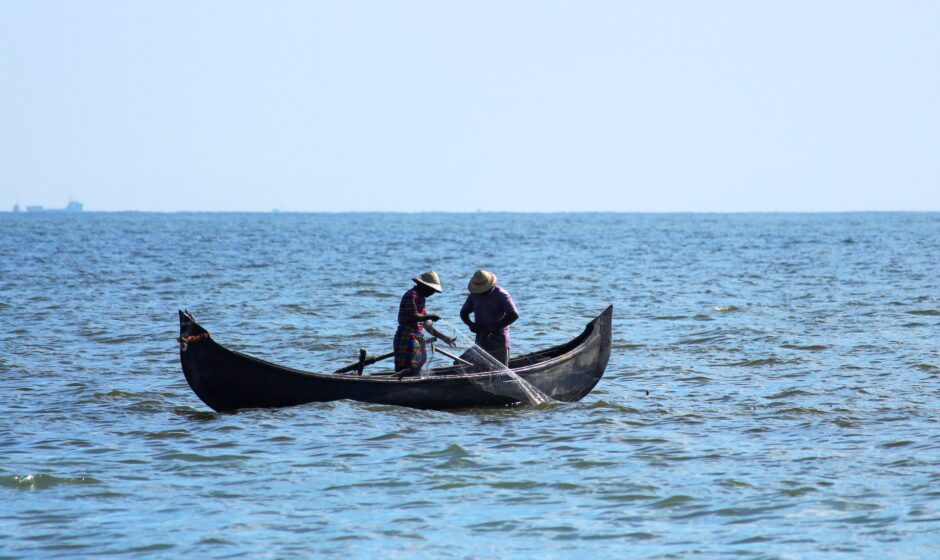A parliamentary standing committee on animal husbandry has recommended the establishment of a dedicated research council for India’s fisheries sector. The proposed Indian Council for Fishery and Aquaculture Research (ICFAR) would operate under the Department of Fisheries and address the growing needs of a sector that contributes significantly to India’s agricultural output and economic growth.
Need for Specialized Research Council
The committee’s recommendation stems from recognition of the fisheries sector’s enormous potential and its increasing contribution to agriculture and national gross value added (GVA). Currently, fisheries research falls under the Indian Council of Agricultural Research (ICAR), but the committee believes a separate entity would allow for more focused research and better address the unique challenges faced by the fisheries industry.
“Establishing ICFAR would facilitate in-depth research and provide specialized attention to the complexities of our fisheries and aquaculture sectors,” noted the committee in its report tabled in Parliament today. “This dedicated council would help maximize the sector’s economic potential while ensuring sustainable practices.”
Sector’s Economic Significance
India stands as the third-largest fish-producing nation globally, accounting for 8% of worldwide production. The fisheries sector contributes approximately 1.09% to India’s overall GVA and 6.724% to agricultural GVA—a significant increase from just 4% a few years ago.
“The rapid growth of our fisheries sector demands specialized research infrastructure,” said committee members. “ICFAR would position India as a leader in fisheries science and technology, supporting both economic growth and environmental sustainability.”
Additional Recommendations
The committee also highlighted several other important issues:
Milk Pricing Mechanisms
The panel expressed concern that milk price increases have lagged behind average food inflation rates. They urged the government to review the pricing mechanisms used by milk procurement agencies to ensure farmers receive fair compensation for their produce.
Fisheries Protection Regulations
The report recommended that all states implement minimum legal mesh size regulations for trawls, following the example set by Kerala, Karnataka, Maharashtra, Gujarat, and Goa. These regulations prevent the capture of juvenile and small fish, helping to preserve fish populations and ensure long-term sustainability.
Financial Support for Farmers
The committee suggested the Department of Fisheries coordinate with states and union territories to explore interest-free loan options for farmers under the Kisan Credit Card (KCC) scheme. Some states have already implemented additional interest subventions, reducing effective interest rates to zero, and the committee believes this model should be expanded nationally.
Follow-Up on Previous Panel Recommendations
The committee referenced a previous panel established under Sanjiv Balyan, then minister of state for fisheries, animal husbandry, and dairying. That panel was tasked with recommending the establishment of a research council to address fisheries and veterinary science research needs.
“The committee would like to be apprised of the outcomes and progress regarding the establishment of this research council,” the report stated. “We urge the government to expedite this important initiative.”
Conclusion
The recommendations highlight the government’s recognition of fisheries as a critical economic sector with substantial growth potential. Establishing ICFAR would provide specialized research capacity, while the other recommendations aim to protect resources, improve farmer livelihoods, and ensure sustainable practices throughout India’s fisheries and aquaculture industries.
These measures collectively acknowledge the sector’s importance to India’s economy and food security, positioning it for continued growth while addressing environmental and economic challenges.

